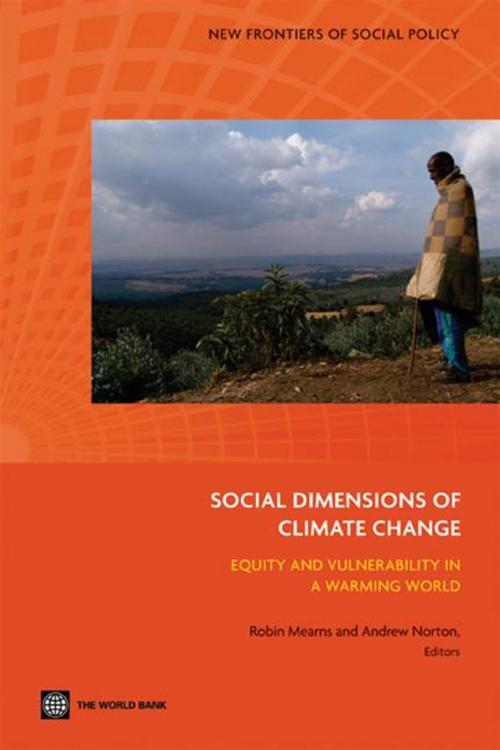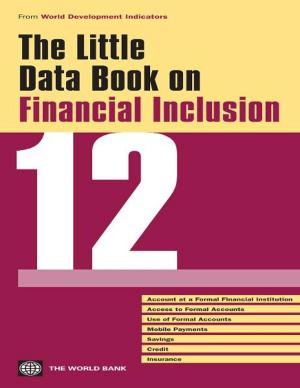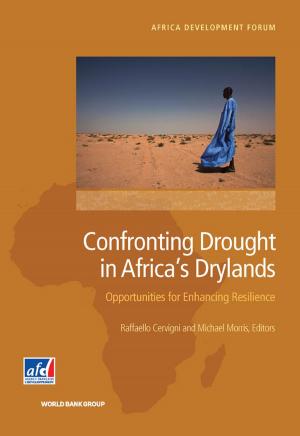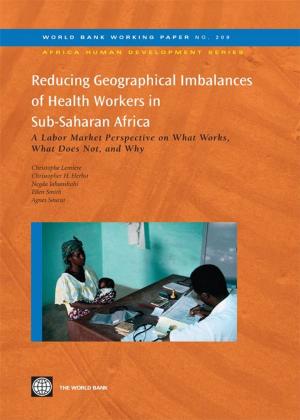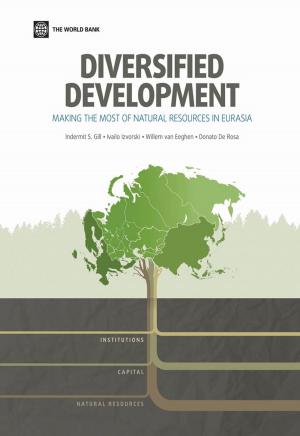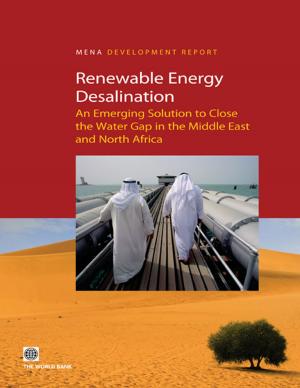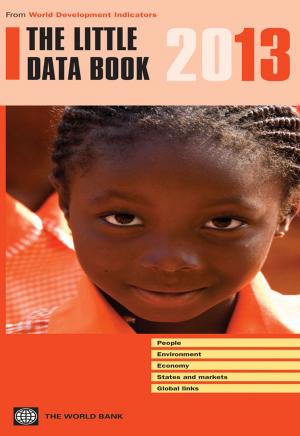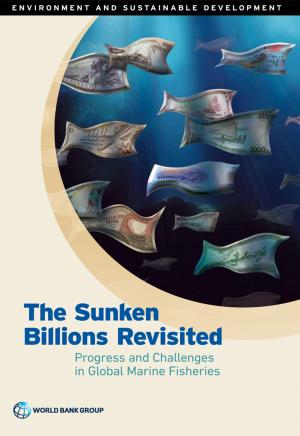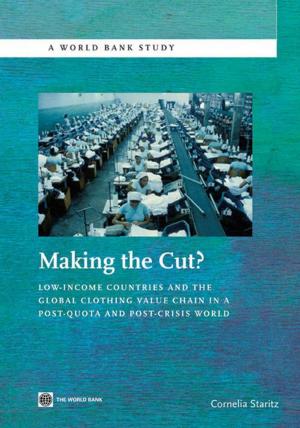The Social Dimensions Of Climate Change: Equity And Vulnerability In A Warming World
Business & Finance, Economics| Author: | Robin Mearns; Andrew Norton; Edward Cameron | ISBN: | 9780821378878 |
| Publisher: | World Bank | Publication: | December 1, 2009 |
| Imprint: | Language: | English |
| Author: | Robin Mearns; Andrew Norton; Edward Cameron |
| ISBN: | 9780821378878 |
| Publisher: | World Bank |
| Publication: | December 1, 2009 |
| Imprint: | |
| Language: | English |
Climate change is arguably the most profound challenge facing the international community in the 21st century. It is as much a challenge for poverty reduction, growth and development as it is a global environmental issue. It could undermine or reverse progress in reducing poverty and attaining the Millenium Development Goals, thereby unraveling many of the development gains of recent decades. It already threatens the livelihoods, health and well-being of millions of people worldwide, and of the poorest and most vulnerable groups in particular. And it has potentially far-reaching implications for international relations and for personal, national and regional security.While significant uncertainties still remain, tremendous strides have been made over recent years in improving scientific understanding of the human processes driving global climate change and the likely impacts on world ecosystems. What is much less well understood is how these dynamics in the physical environment will interact with those of socio-economic systems, what the consequences will be for society, and how best to address them. In order to focus attention on these previously neglected and poorly understood social dimensions of climate change, the World Bank convened an international workshop in March, 2008, with the participation of community activists, former heads of state, leaders of Indigenous Peoples, representatives of non-governmental organizations, international researchers, and staff of the World Bank and other international development agencies. This edited volume brings together revised versions of many of the papers presented during that workshop, as an initial step in taking stock of existing knowledge on the social dimensions of climate change. Several new papers were also commissioned for this volume.
Climate change is arguably the most profound challenge facing the international community in the 21st century. It is as much a challenge for poverty reduction, growth and development as it is a global environmental issue. It could undermine or reverse progress in reducing poverty and attaining the Millenium Development Goals, thereby unraveling many of the development gains of recent decades. It already threatens the livelihoods, health and well-being of millions of people worldwide, and of the poorest and most vulnerable groups in particular. And it has potentially far-reaching implications for international relations and for personal, national and regional security.While significant uncertainties still remain, tremendous strides have been made over recent years in improving scientific understanding of the human processes driving global climate change and the likely impacts on world ecosystems. What is much less well understood is how these dynamics in the physical environment will interact with those of socio-economic systems, what the consequences will be for society, and how best to address them. In order to focus attention on these previously neglected and poorly understood social dimensions of climate change, the World Bank convened an international workshop in March, 2008, with the participation of community activists, former heads of state, leaders of Indigenous Peoples, representatives of non-governmental organizations, international researchers, and staff of the World Bank and other international development agencies. This edited volume brings together revised versions of many of the papers presented during that workshop, as an initial step in taking stock of existing knowledge on the social dimensions of climate change. Several new papers were also commissioned for this volume.
